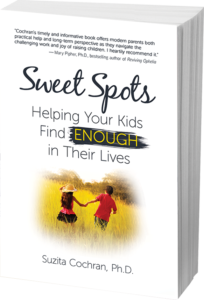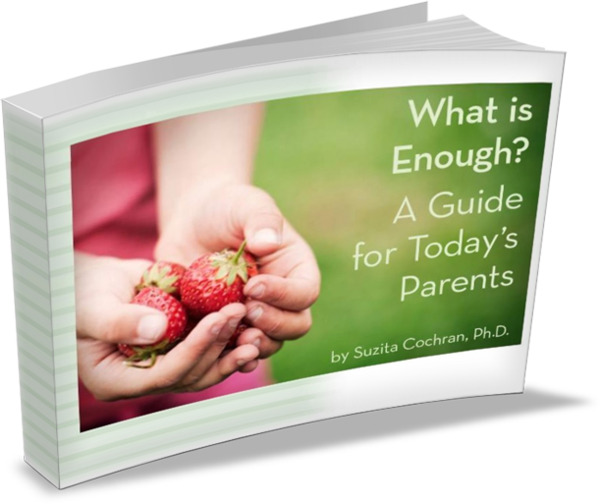 Years ago before I had kids, I worked at a college counseling center as one of my internships on the way to becoming a clinical psychologist. The following year I interned at a mental health center which served many similar twenty-something clients. I so enjoyed working with this group of people and took away many skills and lessons I would use later as a full-fledged psychologist and parent.
Years ago before I had kids, I worked at a college counseling center as one of my internships on the way to becoming a clinical psychologist. The following year I interned at a mental health center which served many similar twenty-something clients. I so enjoyed working with this group of people and took away many skills and lessons I would use later as a full-fledged psychologist and parent.
Yet something which made a strong impression on me during this time was how often my clients spoke about negative experiences they’d had with their siblings. Not one-time nasty events from brothers or sisters, but on-going behaviors that resembled the bullying some kids experience at school. This long-term hurtful behavior from one sibling to another had such lasting effects that clients were bringing it up in therapy years later.
I knew I wouldn’t have too much control over bullying situations at my future childrens’ schools, but recognized that as a parent some day, I’d have more say over their behavior as siblings. I vowed to remember the stories I’d heard from my clients.
Like so many of my parenting plans, this has been more challenging than I envisioned. But I suppose I’m satisfied knowing that positive sibling relationships are something we continually “work toward” at our house. Sort of like those challenging yoga poses where you’re balanced on both bent arms while your legs fly out gracefully beside you. I’ll also be “working toward” those for the next decade or so.
Just today I had to lay down a new law that Daniel and Annie cannot talk directly to each other in the hour immediately after school. They are both tired at this time of day and the likelihood of mean, crabby, and/or rude behavior toward each other soars. They are permitted to talk to me by the way, just not each other.
According to a study in the British Journal of Developmental Psychology, sibling relationships can be a “training ground” for peer relationships in and outside of school. Thus a sibling who is bullied at home, may indeed be more likely to bully others at school. However, the study suggests that a child’s personality strengths and weaknesses are also factors. A child (particularly a boy) who is more unstable emotionally, is also more likely to bully or be bullied at school.
Another point this research made is that older brothers are much more likely to bully younger siblings than older sisters are. I happen to have two older brothers in my house, so I’m going to need to step in more, as with the after-school nastiness between Daniel and Annie.
A while back I came across an online article on teaching kindness to children, by psychologist Michelle Borba. She offered some resourceful suggestions I plan to try, such as having kids do a “kindness watch” where they write down all the kind acts they witness in a certain time period, then report back. Borba also encouraged parents to highlight with their kids the kind things others have done for them. Calling attention to acts of kindness in front of your children is a way of emphasizing their value to you.
And Borba gave the ever-important reminder to catch your kids being kind (whether to siblings or others) and then make a big deal about it.
A few months back, Stephen came home from this competition that I can best describe as “Jeopardy with Middle School Teams.” Stephen’s group was still in the running near the final round, when one of his teammates who was the designated “answer giver” goofed on a response. It happened to be a geography question to which Stephen knew the right answer. And it needed to be spelled out. Stephen had spelled it to his teammate, who was in turn supposed to spell it for the judges. Well, the boy left out a letter and thus got the answer incorrect. Things were pretty intense at this point in the competition, and Todd confirmed that there had been tears on other teams over similar mistakes.
However, Todd told me that after this mistake happened, Stephen leaned over, patted the boy on the shoulder, and told him it was no big deal. I was so pleased (and relieved) to hear this. Even though their team won the competition in the end, Todd and I spent much more time rewarding that act of kindness than the win. We told Stephen it was this behavior we were most proud of, and it was reason we were taking him for ice cream afterward.
More recently I read another post by Dr. Borba titled, “Mobilizing Student Bystanders to Stop Bullying.” In it she listed a number of books which teach kids ways to intervene in a bullying situation. Only one of these was available at our library so I began there, Say Something, by Peggy Moss. I read it to Daniel while Stephen read his novel nearby. The final pages of Say Something offer additional suggestions for breaking up a bullying event (as does Borba’s post).
Soon Annie came over and requested a second read-through of Say Something. Annie, Daniel and I talked about what they might find easiest to do if they were a bystander in a bullying situation.
Daniel decided that creating a distraction would be easiest. He thought he might be able to say, “I think a teacher is coming.” Or cut in and say to the kid being harassed something like, “Hey do you have the list of spelling words?” Anything to break things up and let people know he wasn’t going along with the mean-spirited joking. Midway through our conversation, Stephen had put down his book and was generating ideas with us, as well as supplying middle school examples of teasing and bullying.
Next I told the kids about a long-term bullying (or at least nasty teasing) situation I observed at my middle school. All three kids were completely engrossed by this story. They wanted details, as many as I could recall. And of course they wanted to know what I did. I wish I’d done more and we discussed this. We then came up with things I could have done. When an unsuspecting Todd wandered into our discussion, he was quickly implored to retell any bullying situations he’d seen in school. He related one similar to mine, and this led to even more discussion among us.
Telling the kids that we’d seen and experienced these issues at school seemed to make them more willing to share situations they’d observed. We then discussed how to attempt to avoid being bullied and what to do if it does happen.
This was a conversation I’ve been meaning to have for a while. I’m sure you know how that goes. I was so grateful to Say Something for helping me begin the discussion. I’m going to track down the other books Michelle Borba mentioned in order to be sure we continue with this topic over time. I’ll let you know how it goes. I fear it’s going to get harder not easier as each kid spends all those hours in middle school.

 Sweet Spots: Helping Your Kids Find ENOUGH in Their Lives.
Sweet Spots: Helping Your Kids Find ENOUGH in Their Lives.

